Walla Walla Union-Bulletin
Editorial Board
The initiative process is an important safeguard. It allows voters to go around the Legislature if representatives and senators do not meet the wishes and expectations of citizens.
Yet, in using the initiative process to write laws or craft public policy, voters must be realistic. They have to consider the impact their actions will have on the state budget. If the people want to write a check they need to know whether they have the cash to cover it.
It’s for that reason we support (at least in concept) a proposal by Sen. Joe Fain, R-South King County, to include the fiscal impact of the initiative on the actual ballot if it costs or reduces spending by more than $25 million over two years.
The wording on the ballot would warn voters “other state spending may need to be reduced or taxes increased to implement the proposal.”
While the warning label would seem to be so obvious it goes without saying — so why say it? — but some voters seem to need the remedial information.
Voters, for example, approved Initiative 1351 in November that calls for specific limits on class sizes. There was no mention of how to fund the additional space needed in schools nor hiring new teachers. It was only after the fact that the cost was estimated — about $2 billion.
Previously, Fain proposed preventing supporters from gathering signatures for initiatives whose costs fall outside the state’s four-year balanced-budget requirement unless the measures specify which taxes will be raised or which programs will be cut. That proposal has been silenced in a Senate committee, and that’s for the best.
Stopping the collection of signatures based on budget analysis, which could be wrong, would have a chilling effect.
But simply providing information to voters is another matter.
Still, the state’s initiative king, Tim Eyman, raises a valid concern that a fiscal impact statement could insert bias into the ballot title.
Given the concern, if this proposal moves forward it should be made clear all fiscal figures will be fully vetted and debated. The language must also be scrutinized in an effort to be as free from bias as possible, which is what is now done in establishing ballot titles for initiatives.
Again, we are all for the initiative process — and for providing voters with as much information as possible so they can make informed decisions. What something cost would seem to be critical information.

